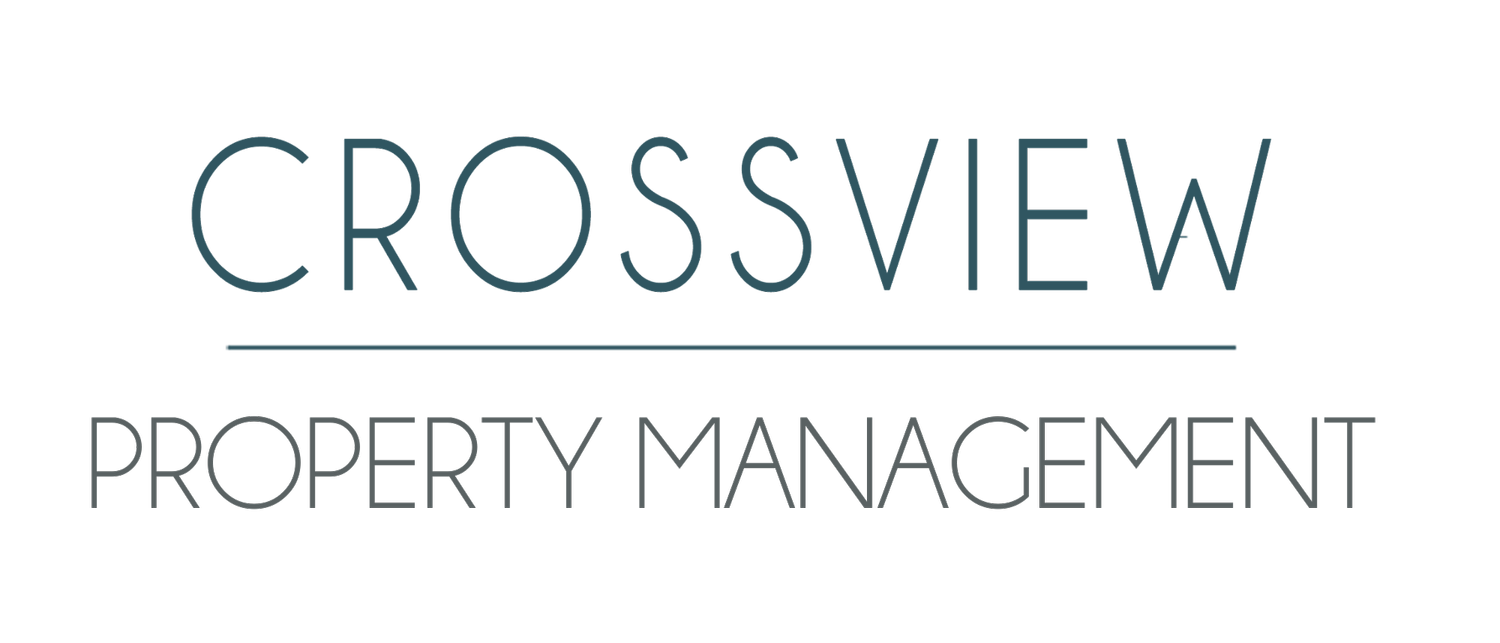Florida Rentals: Who’s Responsible for Cleaning the Gutters?
If your Florida rental property’s gutters are clogged, who’s responsible for cleaning them—you or your tenant?
Florida law does not specifically address gutter cleaning, so the responsibility depends on the lease agreement. In most cases, landlords handle gutter maintenance because it is part of the property’s structural upkeep, but you can assign it to tenants if it’s clearly stated in the lease.
Florida Law on Gutter Maintenance
The Florida Residential Landlord and Tenant Act (Florida Statute § 83.51) requires landlords to:
Comply with applicable building, housing, and health codes.
Maintain structural components in good repair.
Because gutters are considered part of the building’s drainage system, landlords are typically responsible for keeping them functional. Clogged gutters can cause water damage, mold, and structural deterioration, which could be considered a failure to maintain the property under Florida law.
When the Landlord Is Responsible
You, as the landlord, are generally responsible for cleaning gutters if:
It’s routine maintenance – Preventing blockages protects the roof, siding, and foundation.
The lease is silent – If the lease does not specify, maintenance obligations usually default to the landlord.
The property is multi-story – Safety concerns make it unreasonable to expect tenants to use ladders for exterior maintenance.
When the Tenant May Be Responsible
Tenants can be responsible for gutter cleaning if:
The lease clearly assigns it – You can require tenants to clean gutters or report when they are clogged.
The clog is due to tenant actions – For example, if toys, trash, or other personal items cause a blockage.
It’s part of yard maintenance duties – In single-family homes, some landlords bundle gutter care into the tenant’s landscaping responsibilities.
Pros & Cons of Assigning Responsibility
Landlord Handles Gutter Cleaning
Pros:
Ensures work is done safely and correctly.
Prevents long-term damage to the property.
Complies with Florida’s landlord maintenance obligations.
Cons:
Additional expense for professional cleaning.
Requires scheduling access to the property.
Tenant Handles Gutter Cleaning
Pros:
Reduces landlord costs.
Encourages tenants to maintain the home’s exterior.
Cons:
Safety and liability risks if tenants use ladders.
Inconsistent quality or skipped maintenance.
Best Practices for Florida Landlords
Address It in the Lease – Specify whether gutter cleaning is the landlord’s or tenant’s responsibility.
Schedule Professional Service – Annual or semi-annual cleaning by insured professionals reduces liability.
Inspect Regularly – After heavy storms or in the fall when debris is common, check for clogs or overflow.
Coordinate With Tenants – If you’re responsible, give proper notice before scheduling service.
Final Takeaway
In Florida, gutter cleaning responsibility comes down to your lease terms. While landlords usually handle it as part of structural maintenance, you can assign it to tenants—provided the lease is clear and the arrangement is reasonable. Staying on top of gutter care protects your property from costly water damage and keeps you in compliance with your maintenance duties.
Property management is hard enough—partner with someone who stays on top of Florida law changes and works to maintain your investment. Complete our Contact Us form or call us at 904-855-7933 to learn more about how CrossView Property Management in Jacksonville, FL, can work for you.


